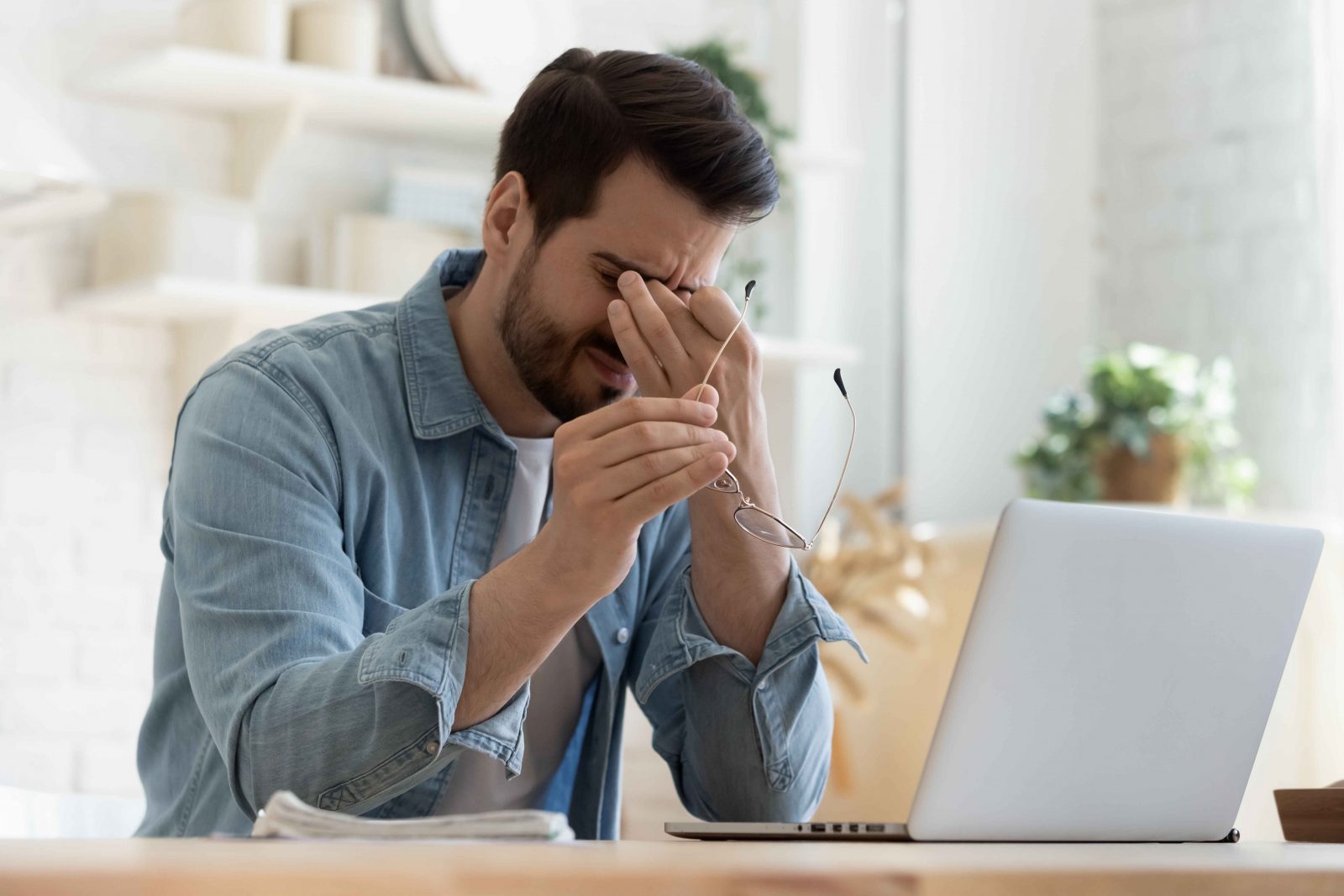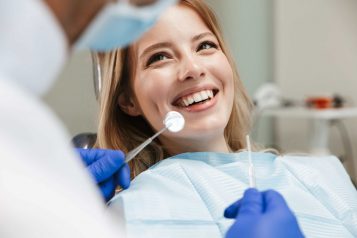Dr. Steven Davidowitz, also known as "Dr. D" by his patients, is one of the Upper East Side of Manhattan’s leading celebrity cosmetic dentists that specialize in designing and maintaining beautiful smiles. Dr. D is among the world’s most prominent cosmetic dentists. Dr. Steven Davidowitz practices general and cosmetic dentistry with a true love for smile makeovers through clear aligners and porcelain veneer treatments. Dr. Davidowitz was recently named a member of the RealSelf Medical Review Advisory Board for cosmetic dentistry content on their website and platform at RealSelf Medical Review Advisory Board. He was also recognized as an Invisalign Elite Provider in 2012 which signified his extraordinary amount of education and experience in using Invisalign. This distinction also placed him in the top 3% of Invisalign providers in the United States. Haute Beauty expert Dr. Steven Davidowitz dives into how to avoid and treat TMJ.
 Photo Credit: Shutterstock
Photo Credit: Shutterstock
Are you experiencing pain in your jaw? Aching facial pain? Difficulty chewing? These are all signs of Temporomandibular joint dysfunction (TMJ) disorder. In many cases, we would run to schedule an appointment with a specialist but interestingly enough, TMJ is a disorder that can be treated on its own without the help of surgery. Below Dr. D dives into the nitty-gritty facts on how to avoid and treat TMJ on your own watch.
What triggers TMJ?
TMJ disorder occurs when something goes wrong with your jaw joints and/or jaw muscles. Often this happens because of a jaw overuse or injury that leads to inflammation of the muscles and joints. The main trigger of TMJ flare-up is stress, which can lead to jaw clenching and grinding (bruxism) while awake and sleeping. Constant chewing of hard and chewy foods, frequent gum chewing - can strain an already stressed TMJ.
 Photo Credit: Shutterstock
Photo Credit: Shutterstock
Lifestyle behaviors that contribute to jaw pain?
Stress. Stress. and Stress. We also see jaw pain in those with hormonal imbalances, nutritional imbalances, poor sleeping patterns, those with poor posture, and in patients with malaligned teeth.
At-home techniques for preventing TMJ?
Over-the-counter pain relievers such as Ibuprofen may help relieve acute TMJ pain. Acute TMJ pain may also be managed with simple lifestyle changes like:
- Eating a soft diet to allow the TMJ to relax
- Avoid chewing gum
- Avoid biting your nails
- Avoid biting your lower lip
- Practice good posture
- Limit larger jaw movements (wide yawning)
- Go to sleep on time & without distraction (phone, laptop, tv, etc.)
Signs of TMJ disorder that prove it’s too late to treat on your own?
Frequent bouts of TMJ pain are a strong indicator that you should see your dentist for a full evaluation. An evaluation of the jaw, the bite, and muscles will be needed to create a plan to reduce the inflammation in the joints and muscles and to help alleviate jaw pain. This may include exercises of the joints and muscles, a nightguard, Diode Laser Jaw muscle treatment, Botox, or a bite adjustment.






















